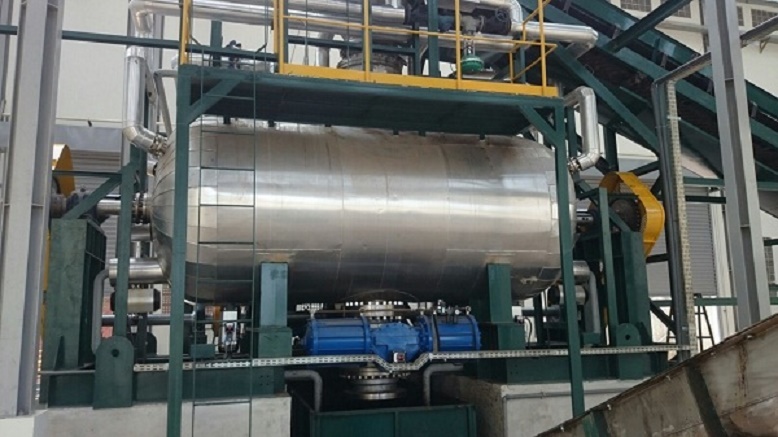Sustainable Technologies for Waste Management in Industry – Waste management in industry is one of the biggest challenges faced by humans in this modern era. Rapid industrial growth, high consumption, and lack of attention to environmental impacts have led to an uncontrolled increase in waste. However, with continuous technological advances, there is hope for a greener future, where industrial waste management can be carried out efficiently and in an environmentally responsible manner.

Sustainable Technologies for Waste Management in Industry
Very fast development
Sustainable technology has brought tremendous innovation in waste management in the industry. One of the most promising approaches is through the application of waste recycling and recovery methods. In this era, waste is no longer just leftovers that must be disposed of, but a valuable resource that can be reused. Waste recycling and recovery technologies enable materials that were previously considered useless to become new raw materials that can be used in the production process. These processes not only reduce dependence on limited natural resources, but also reduce the volume of waste discharged into the environment.
One example of sustainable technology used in industrial waste management is biotechnology. Biotechnology makes use of living organisms such as bacteria, fungi and algae to recycle waste and clean up pollutants. This method is not only effective in removing harmful pollutants, but can also produce value-added products, such as bioplastics and bioenergy. In addition, biotechnology also opens opportunities to reduce greenhouse gas emissions by converting organic waste into renewable energy sources, such as biogas.
Various technologies
Apart from biotechnology, other technologies such as filtration and purification technologies also play an important role in industrial waste management. Efficient filters can remove harmful particles and chemicals from wastewater or air before they are released into the environment. Sophisticated purification methods, such as reverse osmosis and electrochemical processes, can produce water that is clean and free of contaminants. These technologies play an important role in maintaining water and air quality, as well as protecting ecosystems that are vulnerable to pollution.
Apart from reducing the negative impact of industrial waste, sustainable technology also introduces the concept of sustainable design in product development. Sustainable design considers the product life cycle from start to finish, thinking of ways to reduce waste generated and increase the efficient use of resources. This concept encourages the use of environmentally friendly raw materials, more efficient production processes, and thinking about product recycling and recovery after use. By implementing sustainable design, industry can reduce the waste it generates and optimize the use of resources, leading to a more sustainable future.
Something that can’t be doubted
However, while sustainable technologies offer a lot of positive potential, challenges remain. One of the biggest challenges is integrating this technology into established industries and changing existing paradigms. Collaboration between government, industry and society is needed to encourage the adoption of sustainable technologies and strengthen policies that support responsible waste management. In addition, awareness and education are also very important to change human attitudes and behavior towards waste, so that waste management in industry can become a top priority.
In order to achieve a greener future, sustainable technology for industrial waste management is an unavoidable step. By adopting a sustainable approach, we can strengthen the environment, protect natural resources and create a better future for future generations. Through innovation and collaboration, we can achieve this goal and turn the industry into a positive force in sustaining the planet.